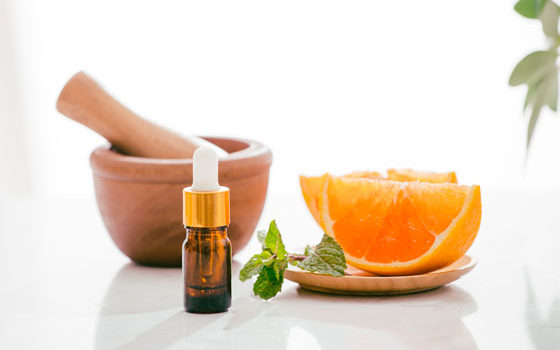The smell of the car, the desperate search for a visual anchor point, the dizziness and nausea, the need to finally get to where you’re going… If you have ever experienced any of these, you know what it’s like to be carsick. It was a common problem in my family. My mother, my twin sister, and I all suffered from carsickness every time we got into a car. We quickly learned to live with it. At the time, the only “cure” we were able to find to abate the unpleasant sensations was to sit in the front seat or simply stare straight ahead. With age, I thankfully outgrew my carsickness (seasickness, however, is a whole other story).
Those days are behind me; however, now it seems to be my five-year-old daughter’s turn. She has never enjoyed car trips. Even as a baby, she would scream and cry in the car, only stopping if her car seat was facing forward. Thinking that she was upset because she felt alone and restrained in her seat, I never suspected that she, too, suffered from carsickness. When she started talking and expressing herself more clearly, I realized that when she said “My tummy and throat hurt,” she actually meant “I feel nauseous.” My childhood memories of feeling ill in vehicles suddenly came rushing back to me. Based on my knowledge and experience, I have developed a few tips that I’d like to share with you here to help you alleviate your carsickness.
- Ginger lozenges or chews work well, especially taken right before hitting the road. Ginger is known for its digestive benefits and alleviating nausea.
- Orange or eucalyptus essential oil works wonders for my daughter when I diffuse a few drops in the car to freshen up the air.
- The most effective method in our family is a homeopathic spray remedy. Five sprays of “Transportaise” under the tongue before heading out is all you need! It is designed specifically for carsickness. I keep a bottle in my purse and in the car at all times.

